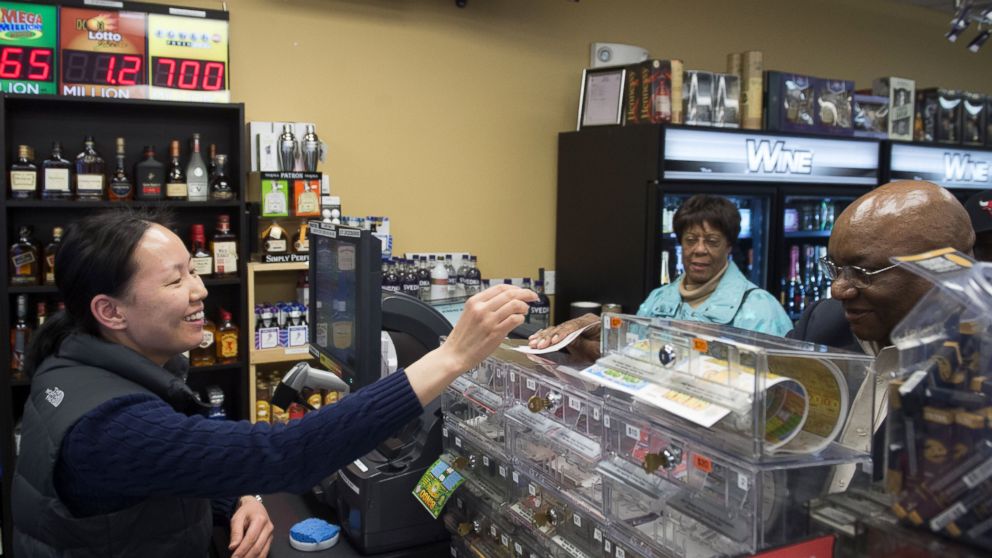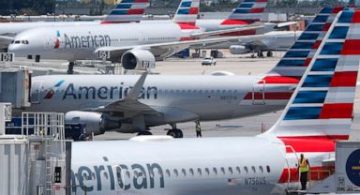
While there is always the dream of winning the historic $1.6 billion Mega Millions jackpot all by yourself, many Americans are also turning to office pools as a way to potentially increase their odds.
The prospect of having a share of a larger pool of lottery tickets is one compelling reason to go in on an office pool. But there are others, too.
Carole Bober Gentry, a spokesperson for the Maryland Lottery and Mega Millions, said that office pools are extremely popular ahead of Tuesday’s drawing.
“People love to do office pools,” she said. “When the jackpots get to this level, everybody is talking about it.”
She added, “It’s fun to talk about it with other people. It’s the opportunity to dream.”
That said, there are certain precautions that experts urge office poolers to take before the winning numbers are chosen.
Such situations require written agreements before the winning numbers are drawn, Tracey Cohen, interim executive director of DC Lottery, told ABC News back when the Powerball lottery hit a high of $1.5 billion.
“If that pool wins, you’re going to want to keep your tickets safe and obviously it’s a legal issue,” she said.
Cohen urged pool organizers to make copies of the tickets for everyone in the group, write down a list of all involved and have one point person to sign the tickets when the winnings are collected.
For this Mega Millions round, Gentry echoed those warnings, urging poolers to appoint a responsible person in charge.
“You pick somebody you trust and people know who that person is, and as long as you follow a basic procedure, everything works perfectly,” Gentry said.
Cohen also said that it is important to keep the claiming period in mind: the length of time that winners have to claim their ticket varies by state and depends on the state where the winning ticket was purchased.
Cohen said that in the District of Columbia, the claiming period is 180 days from the drawing. Most states have similar or slightly longer drawing periods.
There have been examples in the past of both situations. A group from a real estate company in Florida won $1 million in 2013. They split the winnings among the 12 employees who chipped in $20 for the pool and also gave a cut to an employee who had started just two weeks prior and hadn’t contributed.
“The fact that we got to share in an experience that most never have in a lifetime — winning a Powerball — we grew closer,” said Laurie Finkelstein Reader, who works at that real estate office.
While that situation worked out fine, there have been less positive examples. There was a situation in California in 2005 when a group of colleagues from Kaiser Permanente were sued by four of their fellow employees who said that they had oral agreements to get in on the winning lotto pool. According to a recent Orange County Register interview with the winners, the suits were dismissed.
“You can’t believe people you worked with would do that,” Brenda Heller, one of the “Lucky 7” who split the winnings and ended up with more than $20 million after taxes, told the paper.





